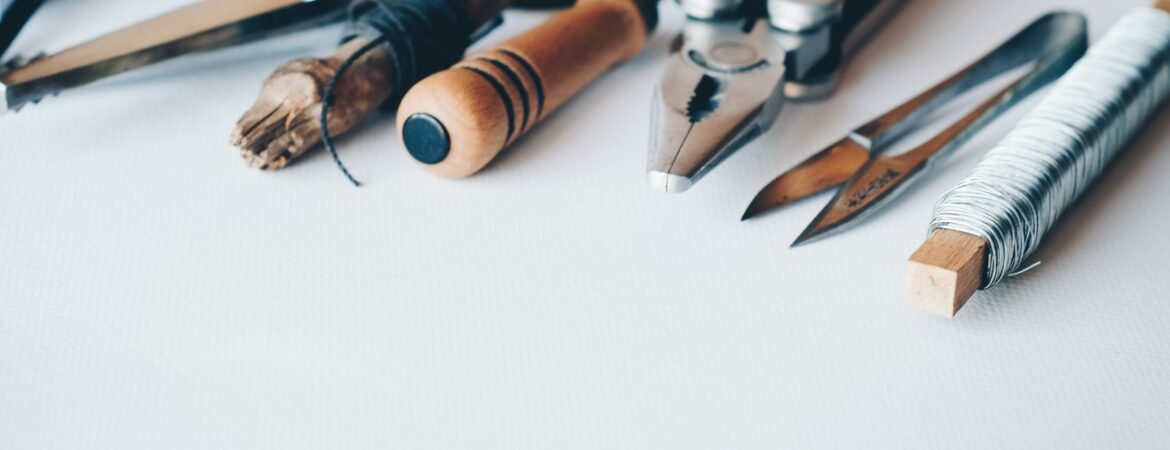
According to the Royal Society for the Prevention of Accidents (RoSPA), more accidents occur in the home than anywhere else. Every year more than 2.7 million people are treated in our hospitals for accidents and medical complaints sustained at home so what repairs do landlords need to undertake to protect their tenants?
As a landlord, you are legally responsible for providing a safe living environment for your tenants, a legal right protected by common law via the terms of the tenancy agreement.
In addition, the Landlord and Tenant Act 1985 includes very clear rules as to how a landlord must ensure their properties are:
- Safe to live in and in a reasonable state of repair
- Able to withstand normal use by tenants and visitors
- Able to withstand normal weather conditions (something that is becoming more of an issue given the increasingly extreme weather we are seeing at different points of the year)
- Free from damp and well-ventilated
These immediately take precedence over any contradictory clauses in a tenancy agreement.
In addition, there are a range of other health and safety standards landlords must meet, for example providing working carbon monoxide detectors and smoke alarms.
How can a landlord’s lack of repairs injure their tenants?
If a tenant is injured by their own furniture or other possessions or by another tenant, their landlord will almost certainly not be judged to be liable. However, if the landlord’s unwillingness to meet their responsibilities under the Landlord and Tenant Act 1985, they are very likely to be considered liable.
The most common injuries suffered by tenants are:
- Respiratory Problems
Poor ventilation and damp conditions in the home can lead to the growth of mould which in turn breeds the spores that cause respiratory conditions.
This recently hit the public consciousness after a coroner ruled the death of two-year-old Awaab Ishak was caused by “chronic exposure” to mould in his family’s rented flat in Rochdale.
- Scalds and Burns
Defective hot water systems pose a serious scalding risk if excessively hot water is coming out of the hot water taps, there is ‘bubbling’ noise coming from the hot water tank or hot water is coming out of cold taps.
If any of these occur, landlords must take action. Even if no signs are spotted, hot water and heating systems must be checked regularly by a qualified tradesperson.
- Carbon Monoxide Poisoning
An estimated 30 people die and a further 4,000 are hospitalised every year from carbon monoxide poisoning in the UK. However, the true number is actually much higher as the symptoms can easily be confused with flu or chronic tiredness.
Carbon monoxide poisoning is usually caused by malfunctioning or poorly ventilated gas boilers and appliances so landlords must make sure all gas appliances in their properties are safe and checked by an accredited engineer every 12 months.
- Slips, Trips and Falls
These can be caused by uneven floorboards or badly fitted or worn out carpets or floor coverings, substandard bannisters or staircases or poorly maintained outdoor spaces.
Specifically what repairs do landlords need to undertake to protect their tenants?
A landlord’s civil repair responsibilities include the repair and regular maintenance of:
- Electrical wiring
- Gas pipes and boilers
- Heating and hot water
- Chimneys and ventilation
- Sinks, baths, toilets, pipes and drains
- Common areas including entrance halls, stairways and gardens and other outdoor spaces
- The structure of the building (e.g., the walls, stairs and bannisters, roof and doors and windows)
All repairs must be completed within a reasonable period of time and that timescale will reduce depending on the seriousness of the problem. An issue that could obviously have severe health implications must be dealt with immediately. Landlords should also redecorate following repair work if the décor of the property is affected.
Similarly, landlords have a responsibility to deal with major health and safety threats including:
- Damp and mould
- Rats, mice and other pests
- Gas safety
- Electrical wiring and appliances
- Fire safety
Meanwhile, a tenant has a responsibility to look after their home in a “tenant like manner” by:
- Keeping the property reasonably clean
- Checking the electrical appliances they own and have brought into the property
- Keeping gardens/outside areas in a reasonable state
- Making sure the property remains well ventilated to help avoid condensation/damp/mould
- Fixing or replacing any appliances or furniture you own
- Rectifying any damage caused by you or your family
A tenant is also responsible for reporting any repairs to the landlord as soon as they arise and provide access to the property at seasonable times so the repairs can be made.
If you are a landlord who feels they have been unfairly accused of failing to make necessary repairs or a tenant who has been impacted by your landlord’s failing to make civil repairs, please contact us today and we will put you in contact with one of the property barristers in our Civil Law team.
Leave A Comment